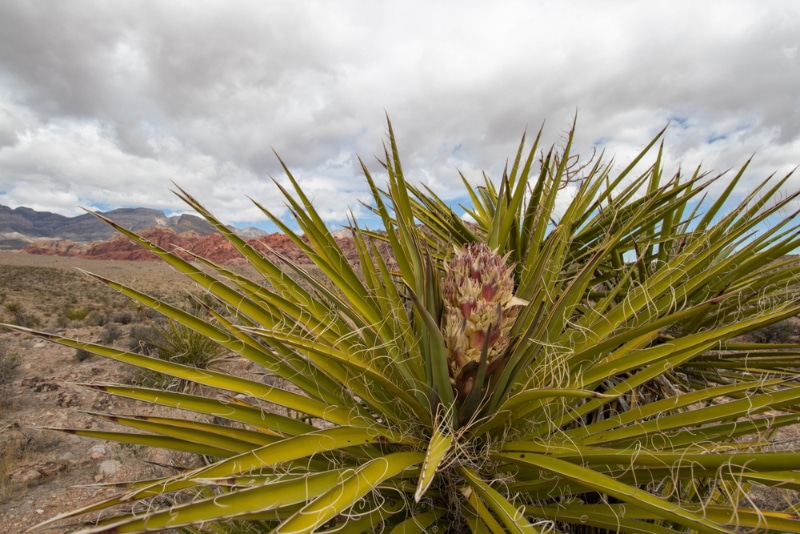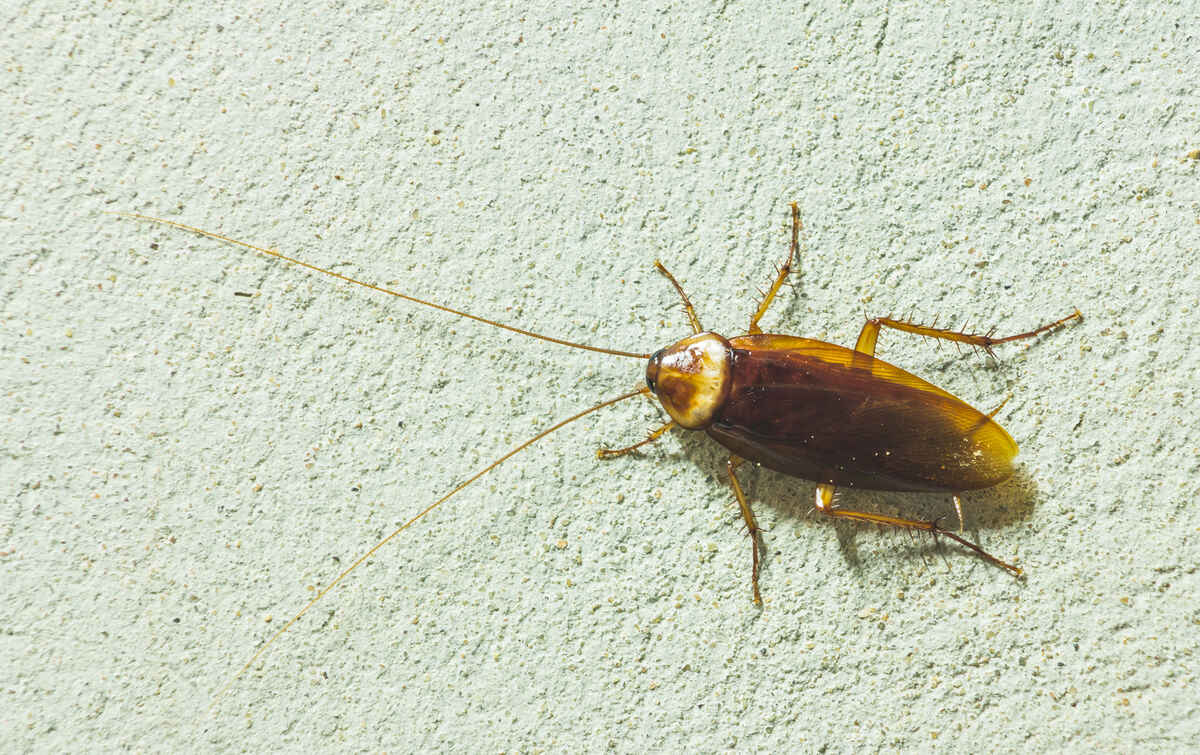Yucca schidigera is a plant in the lily family. It is native to various deserts across southern North America, including the Mojave Desert, Sonoran Desert, and Chihuahuan Desert. It is also known as the Mojave yucca or Spanish dagger. It usually grows in rocky desert areas and needs full sun and plenty of drainage in order to develop properly. Yucca schidigera is safe and even healthy for dogs to eat, though moderation is crucial.
Is Yucca Schidigera Beneficial for Dogs?
While this plant was largely unknown not that long ago, it has become increasingly popular among pet parents and even dog food companies. In fact, it isn’t unusual to find Yucca schidigera listed in certain dog food formulas. Manufacturers typically use the plant to control stool smell. This is one of its most popular benefits, though it is used more in cat food. It controls stool smell by altering the production of hydrogen sulfide in your pet’s gut, which is what causes smelly gases. It may also reduce ammonia production, which also affects stool odors.
Studies have shown that Yucca schidigera can be beneficial to joint health. It controls joint problems due to its anti-inflammatory activity and the fact that it contains antioxidants. To date, no studies have been conducted to prove if this also applies to canines with joint problems. However, dogs with stinky stools may also benefit from the smell-fighting effects, and if it also helps their joints, then we have a double win.

Does All Dog Food Use Yucca Schidigera?
No, most dog foods don’t contain Yucca schidigera. Only about 20% of dog food brands out there use this plant. If you’re looking to give this to your canine, you will need to check the nutritional label to ensure that it is included. It can be added to pet food as an extract, or the plant can be ground, dried, or shredded. There is no evidence that the form affects its effectiveness.
The best part about yucca is that it is virtually tasteless when mixed into average dog food. Therefore, it can be added without causing picky eaters to turn up their noses at their bowl. According to various studies, it also doesn’t affect mineral absorption or food digestibility.
More video here:
Does Yucca Schidigera Have Side Effects?
This plant does contain specific chemicals called steroidal saponins, which are poisonous in significant dosages. These can produce intestinal irritation and affect the nervous system in large doses. If too much of the raw plant is eaten, it will taste bad and produce immediate stomach upset. However, it is unlikely a dog will consume the Yucca schidigera plant, especially in large amounts, but they might take a bite, which can result in vomiting or diarrhea.
Yucca extract is considered to be safer, as long as it is dosed correctly. A dog is likely not going to get poisoned from food that contains Yucca schidigera, as it has been dosed according to the rest of the food.
Signs of Yucca Schidigera Poisoning to Watch For
Clinical signs of Yucca schidigera poisoning include things like abdominal pain, lethargy, increased heart rate, stomach irritation, vomiting, diarrhea, drooling, and walking difficulties. The dog will often develop digestive problems first. If far too much is consumed, neurological signs will follow, including coordination issues. Liver problems can develop if your dog consumes too much and does not get treatment.
The intestinal issues are caused by the plant’s ability to foam when eaten. It will foam up in your dog’s stomach and cause all sorts of problems. Contact your vet right away if your dog shows any of these signs.
Treatment for Yucca Schidigera Poisoning
Treatment from your vet will depend on how much your dog has eaten and how they are reacting to the toxins. Some may need supportive treatment if they are experiencing intense intestinal problems, as they can become dehydrated with constant vomiting and diarrhea. IV fluids may be necessary.
Most of the time, the dog will recover in only a few days.

What Parts of Yucca Schidigera Are Poisonous to Dogs?
The whole plant can be poisonous to dogs. Every part of the plant contains steroidal saponins, which is the part that is toxic to your canine. This is the part of the plant that foams, which causes intestinal problems. This is why Yucca schidigera extract is typically used in dog food instead.
Is Yucca Root Good for Dogs?
It depends. Yuca root can be good or bad for dogs. Yuca root is added to many dog foods, and it is sometimes suggested by health advocates that owners can add it to their canine’s food. However, this “Yuca” root comes from a completely different plant, also known as the Cassava or Manihot esculenta.
Yuca is simply the common name Latins give to the Cassava plant where tapioca comes from. Tapioca is a starch that is also sometimes used in dog food as a thickener. While it has some nutritional value for dogs like other starches, this is mainly a carbohydrate source and not an ideal food for a dog.
If Cassava or Yuca root is consumed raw, though, it can be toxic to humans and dogs, as it contains cyanide. Different plants contain varying amounts of cyanide; however, after the yuca or cassava is processed, cyanide is removed and the remaining starch is safe for consumption.
This Yuca is written with one “c” while the Yucca schidigera has two. This is not a difference you can notice without reading or writing, so a lot of people get confused between these two species of plants.
Conclusion
Yucca schidigera is a bit complicated. Studies have found that it has anti-inflammatory agents, which can help treat arthritis and affect your dog’s stool smell. However, while Yucca schidigera is natural, that does not mean it can’t be dangerous especially if consumed in large amounts.
The takeaway message here is that seeing Yucca schidigera listed in your dog’s food ingredients is ok, you should keep a close eye on your dogs and prevent them from munching on the Yucca schidigera plant, which contains toxic saponines.
See also:
Featured image credit: Sundry Photography, Shutterstock














